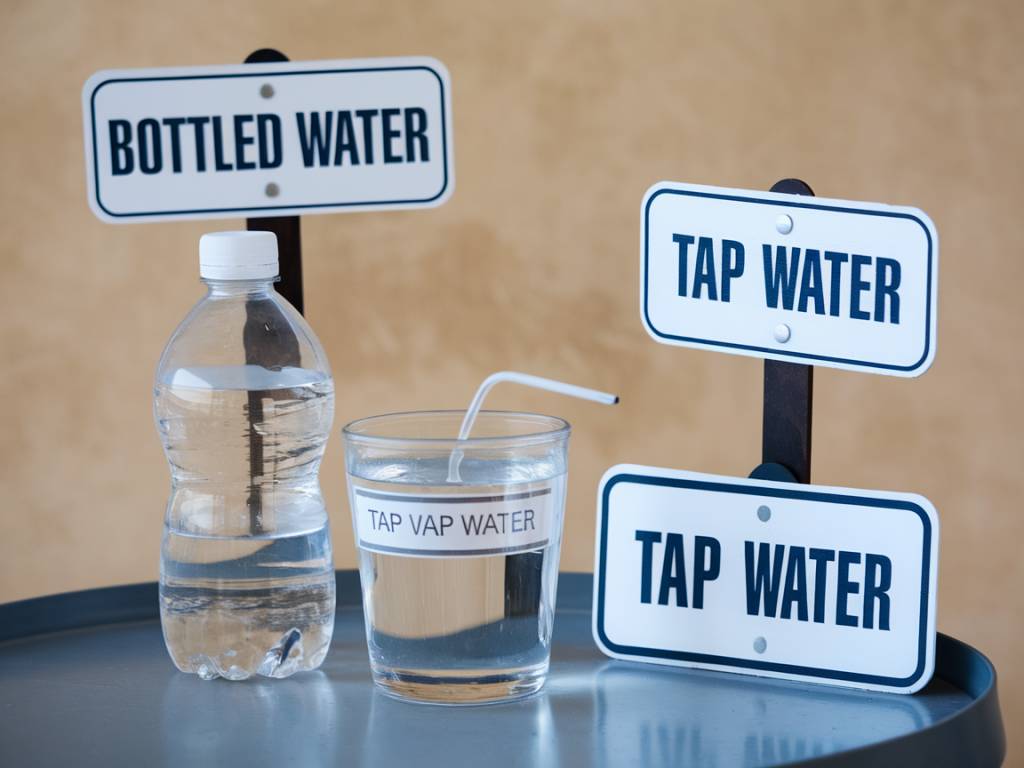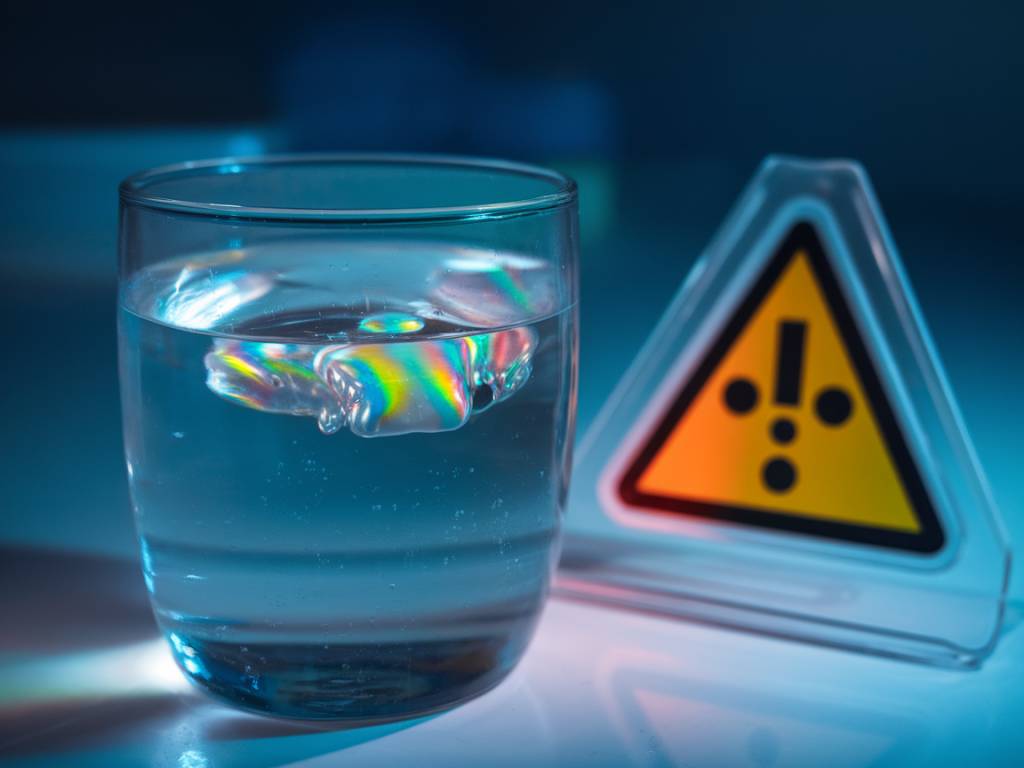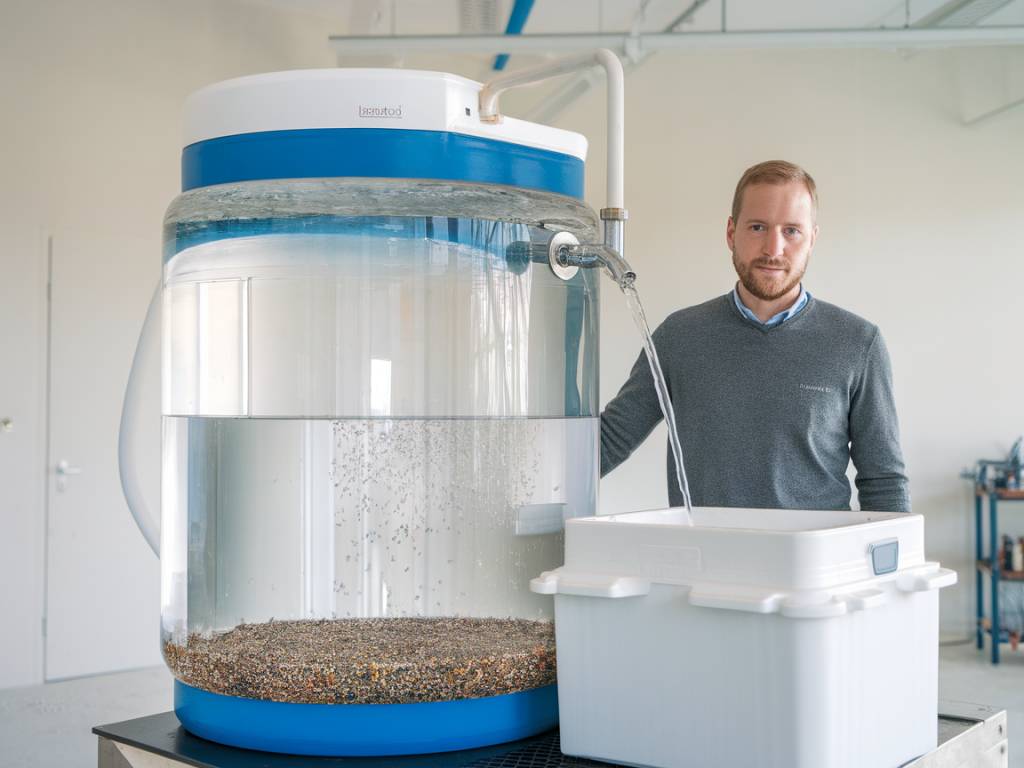Bottled Water vs. Tap Water: Which Is Safer and More Sustainable?
Water is essential for life, but choosing the best source can be confusing. Should you rely on bottled water for cleanliness and convenience, or is tap water just as safe—if not better? And what about sustainability? Let’s break down the facts to help you make an informed decision.
Is Bottled Water Really Safer?
Many people assume that bottled water is superior in quality and safety to tap water. It’s marketed as pure and pristine, often sourced from glaciers or underground springs—but is this really the case?
Regulatory standards for bottled water vary by country. In the U.S., for example, the Food and Drug Administration (FDA) oversees bottled water, while the Environmental Protection Agency (EPA) regulates tap water. Oddly enough, EPA standards for tap water are often more stringent. Municipal water supplies undergo rigorous testing for contaminants like bacteria, heavy metals, and chemicals, while bottled water companies may have less frequent testing.
Moreover, bottled water isn’t necessarily from a magical mountain spring. Some brands simply use filtered municipal tap water. In fact, studies show that an estimated 25-45% of bottled water comes from the same source as your tap water—but at a significantly higher price.
What About Tap Water Quality?
Many developed countries have high-quality tap water that is regularly tested and treated to remove harmful contaminants. However, there are exceptions. Aging infrastructure, lead pipes, and contamination incidents (like the Flint, Michigan water crisis) raise valid concerns about some local water supplies.
So, how can you ensure your tap water is safe?
- Check your local water quality report—most municipalities provide this information online.
- Use a home water filter if necessary. Filters designed to remove chlorine, heavy metals, or microbial contaminants can add an extra layer of protection.
- Let your tap water run for a few seconds before drinking if you have older plumbing to reduce potential lead exposure.
For those living in areas with well-managed water systems, tap water is not only safe but often fresher than bottled alternatives.
The Environmental Cost of Bottled Water
Beyond safety, the environmental impact of bottled water is a growing concern. It’s estimated that producing bottled water requires up to three times the amount of water than what’s actually inside the bottle. Then there’s the plastic waste—billions of plastic bottles end up in landfills and oceans each year.
Even when recycled, plastic bottles are not a sustainable solution. The recycling process consumes energy, and not all collected plastic actually gets repurposed. In contrast, tap water eliminates the need for single-use plastics and reduces the overall carbon footprint of water consumption.
Is Bottled Water Worth the Cost?
Let’s talk about price. Bottled water costs significantly more than tap water—sometimes hundreds of times more per gallon. If you’re buying bottled water daily, that’s money that could be invested in a high-quality home water filtration system, which provides clean water at a fraction of the cost.
Additionally, many bottled water companies have been accused of exploiting natural water sources, leading to shortages in local communities. Supporting tap water infrastructure instead can be a more ethical choice.
When Does Bottled Water Make Sense?
Despite its drawbacks, bottled water has its place. During natural disasters, contaminated water crises, or while traveling in areas with questionable tap water safety, bottled water can be a lifesaver.
For everyday use, though, relying on bottled water is unnecessary for most people. Investing in a reusable bottle and a quality filtration system is often the better choice for both your health and the planet.
Final Thoughts
So, which is safer and more sustainable? In most developed areas, tap water is just as safe—if not safer—than bottled water. Plus, it’s far better for the environment and significantly cheaper. While bottled water has its place in emergencies, making the shift to tap water and filtration can help reduce plastic waste and unnecessary expenses.
If you’re concerned about your tap water quality, consider testing it or investing in a water purification system. Small changes like these can have a big impact, both for your well-being and the planet.


